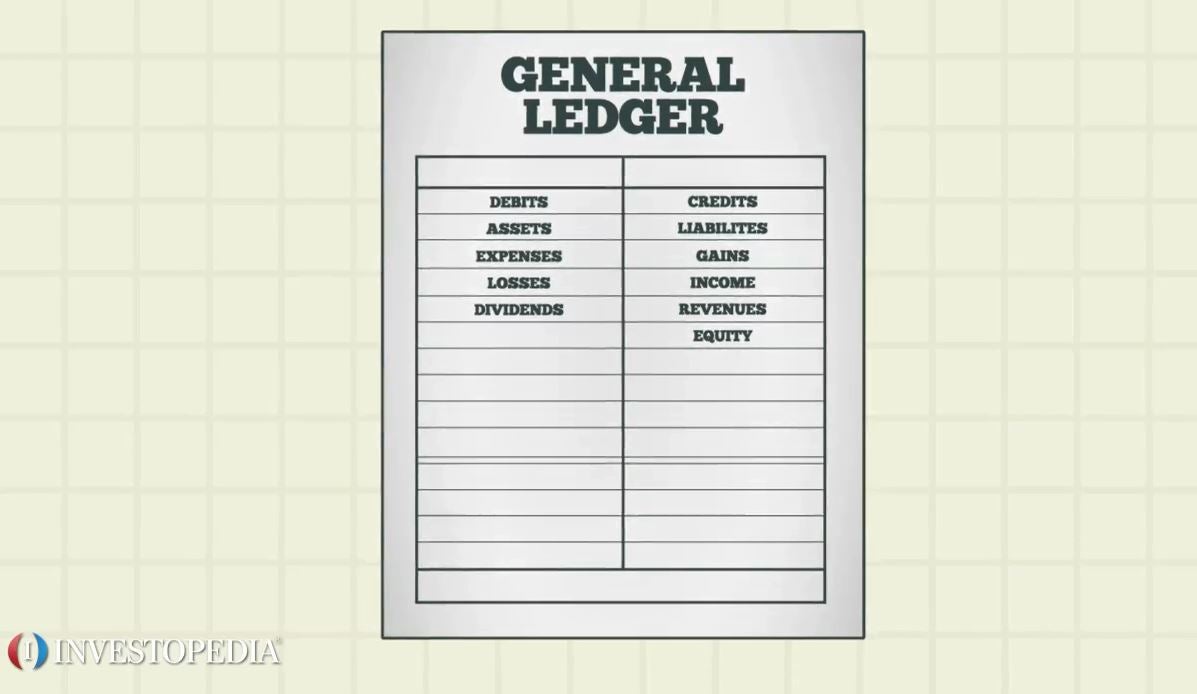
Run a general ledger report to see what activity has been going on for the last year.
#WHATS AFTER A GENERALLEDGER PROFESSIONAL#
Your professional services expenses are through the roof and you don’t know why. In fact, if you want to see how much money your current bank account holds, or why your printing expense account is so high, you would turn to your general ledger first. Whether creating a budget or calculating your accounts receivable turnover, one of the best places to start is with the general ledger. While your general ledger is not usually the first tool you would use to make business decisions, it can provide you with the details you need to view the financial performance of your business during the current month, or even the current fiscal year. What do general ledgers tell you about your business? But for every other business owner, the general ledger is the most important part of accounting. If you are a freelancer or sole proprietor, chances are that you may be able to get by without a general ledger, simply because you’re not using double entry accounting. Expenses: Expenses are the cost of doing business and include rent, utilities, payroll expenses, postage, and professional services fees to name just a few.It’s important to use the revenue recognition principle when recording revenue. Revenue: Revenue is received from the sales of goods and/or services.

Owner’s Equity: Owner’s equity shows how much a business is worth after liabilities are subtracted from assets.Liabilities: Anything that your business owes.Assets: Anything of value that your business owns.There are five different types of general ledger accounts, with each financial transaction or journal entry entered using at least one of these account types: The general ledger provides a record of all financial transactions that affect your business. Overview: What is a general ledger in accounting? The general ledger serves as a repository for every transaction that is recorded, and is a must for any business using double-entry accounting. The general ledger is an essential part of your accounting and bookkeeping processes.


 0 kommentar(er)
0 kommentar(er)
